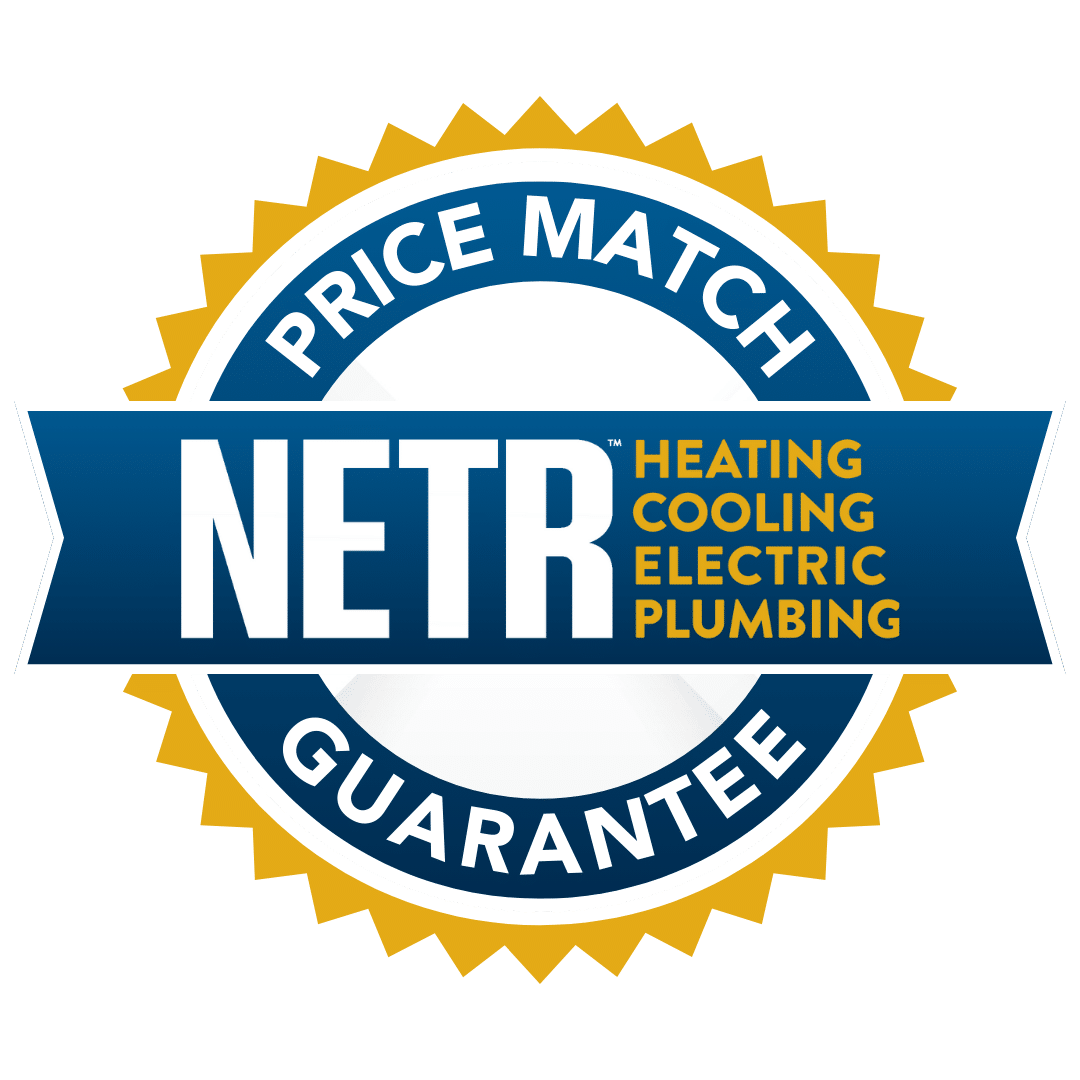Mike Cappuccio talks about heat pump maintenance, what’s involved in it, why you should do, and how often you should have your ductless heat pump system cleaned and maintained.
Ductless Maintenance Before the Heating Season
My name is Mike Cappuccio. I’m the founder of N.E.T.R., and today I’m here to talk to you about air source heat pump maintenance. Now we have two different types of systems with the air source heat pumps. We have a ducted system, and a ductless system.
First let’s talk with the ductless system heat pump maintenance. What should be done before the heating season? Obviously, you would want to have someone come out to your home at the beginning of the season, preferably mid-September to mid-October, to ensure that your heat pump is running at the optimal way that it should be running for the heating season.
There are a few things that should be done on that checkup. Number one is, you want to make sure that the coils are clean; the indoor coil, and the outdoor coil are clean; the filters are clean, and basically, the drain line is clear; any condensate can run out of the machine and go outside.
The biggest thing is checking the charge, and the superheat, and the sub cooling on that machine, because if the refrigerant charge is not at one hundred percent full, what can happen in the wintertime is if the machine is low on charge, or it might’ve had a small leak, or something like that, the machine would be running at full speed all day long outside.
So that means the compressor is going to be ramped up to the maximum hertz that it can be running at, and cost you a lot of money to operate your heating system at that point. That is the major thing that really needs to be checked with that.
How to Maintain a Ducted Heat Pump System
So, vice versa with the ducted system. You just want to make sure that everything is the same as the ductless system, but you want to make sure that the filters are clean as well. That could be an air filter that might need to be changed. Make sure that the thermostat on the wall is operating properly.
Probably on the ductless system, let’s just make sure the batteries are good in the remote as well, and go from there with the heating season.

